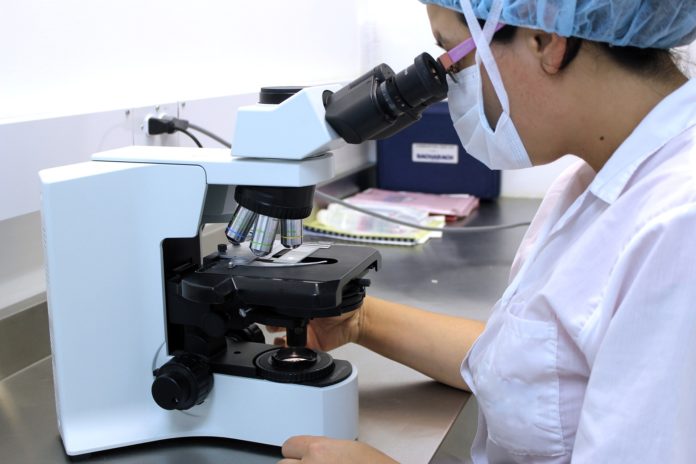An antibiotic overlooked since its discovery 40 years ago could help develop new drugs against life-threatening infections caused by some of the world’s most dangerous superbugs.
Octapeptins are a group of broad spectrum protein antibiotics. They are highly similar in structure and differ in only one or two units. University of Queensland Institute for Molecular Bioscience (IMB) researchers synthesised an octapeptin antibiotic, and increased its effectiveness against extensively drug-resistant bacteria, then collaborated with Monash University to evaluate the drug using animal models of infection.
Professor Matt Cooper, Director of IMB’s Centre for Superbug Solutions, said the study was prompted by the urgent need for new drugs to counter widespread resistance to last-resort treatments.
“Octapeptins were discovered in the late 1970s but were not selected for development at the time, as there was an abundance of new antibiotics with thousands of people working in antibiotic research and development,” Professor Cooper said.
A March 2012 study in the journal of the American Society or Microbiology said: “Antimicrobial peptides have received considerable attention due to their broad spectrum of activity, novel antimicrobial targets and low frequency of antibacterial resistance. Although numerous peptide antibiotics have been discovered in almost all known types of organisms, microbial peptides, especially lipopeptide antibiotics and their semi synthetic derivatives appear to be more useful than other peptide antibiotics. These peptides represent a promising class of antibiotics against MDR (multi drug resistant) pathogens.”
Cooper added: “Given the very few researchers left in this field now, and the sparse pipeline for new antibiotics, we’ve used modern drug discovery procedures to re-evaluate its effectiveness against superbugs.”
Professor Cooper said there were no new classes of antibiotics available for Gram-negative bacteria, with increasing incidence of extensive drug resistance around the world.
“Gram-negative bacteria are harder to kill as disease organisms, because they have an extra membrane to penetrate that is often hidden by a capsule or slime layer which acts to camouflage them from drugs and our immune system,” he said.
The emergence of resistance to meropenem, and now colistin, the antibiotic of last resort, means multi-drug and extensively drug-resistant bacteria are now a reality confronting clinicians.
Octapeptin showed superior antimicrobial activity to colistin against extensively resistant Gram-negative bacteria in early pre-clinical testing.
“In addition, octapeptin was shown to be potentially less toxic to the kidneys than colistin.”
Professor Cooper said the study laid the foundation for the development of a new generation of antibiotics to treat life-threatening infections.


